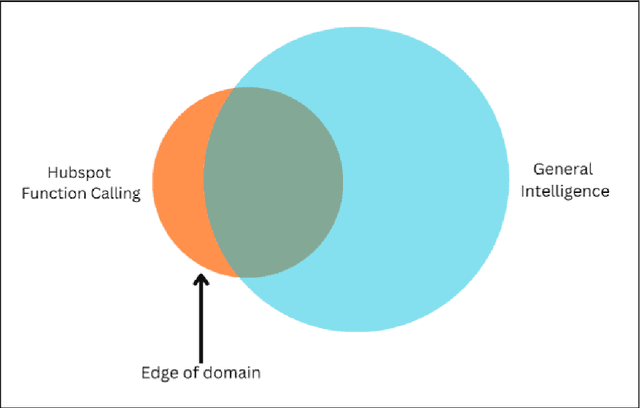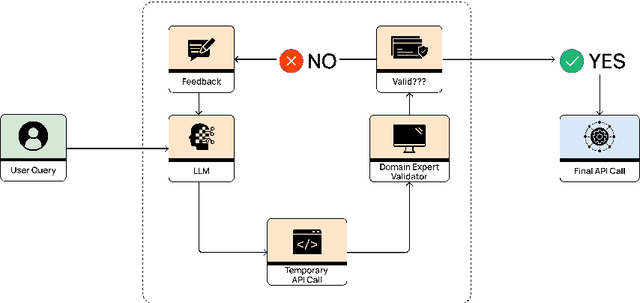Yash Choudhary
QuArch: A Question-Answering Dataset for AI Agents in Computer Architecture
Jan 06, 2025



Abstract:We introduce QuArch, a dataset of 1500 human-validated question-answer pairs designed to evaluate and enhance language models' understanding of computer architecture. The dataset covers areas including processor design, memory systems, and performance optimization. Our analysis highlights a significant performance gap: the best closed-source model achieves 84% accuracy, while the top small open-source model reaches 72%. We observe notable struggles in memory systems, interconnection networks, and benchmarking. Fine-tuning with QuArch improves small model accuracy by up to 8%, establishing a foundation for advancing AI-driven computer architecture research. The dataset and leaderboard are at https://harvard-edge.github.io/QuArch/.
Benchmarking Floworks against OpenAI & Anthropic: A Novel Framework for Enhanced LLM Function Calling
Oct 23, 2024



Abstract:Large Language Models (LLMs) have shown remarkable capabilities in various domains, yet their economic impact has been limited by challenges in tool use and function calling. This paper introduces ThorV2, a novel architecture that significantly enhances LLMs' function calling abilities. We develop a comprehensive benchmark focused on HubSpot CRM operations to evaluate ThorV2 against leading models from OpenAI and Anthropic. Our results demonstrate that ThorV2 outperforms existing models in accuracy, reliability, latency, and cost efficiency for both single and multi-API calling tasks. We also show that ThorV2 is far more reliable and scales better to multistep tasks compared to traditional models. Our work offers the tantalizing possibility of more accurate function-calling compared to today's best-performing models using significantly smaller LLMs. These advancements have significant implications for the development of more capable AI assistants and the broader application of LLMs in real-world scenarios.
 Add to Chrome
Add to Chrome Add to Firefox
Add to Firefox Add to Edge
Add to Edge